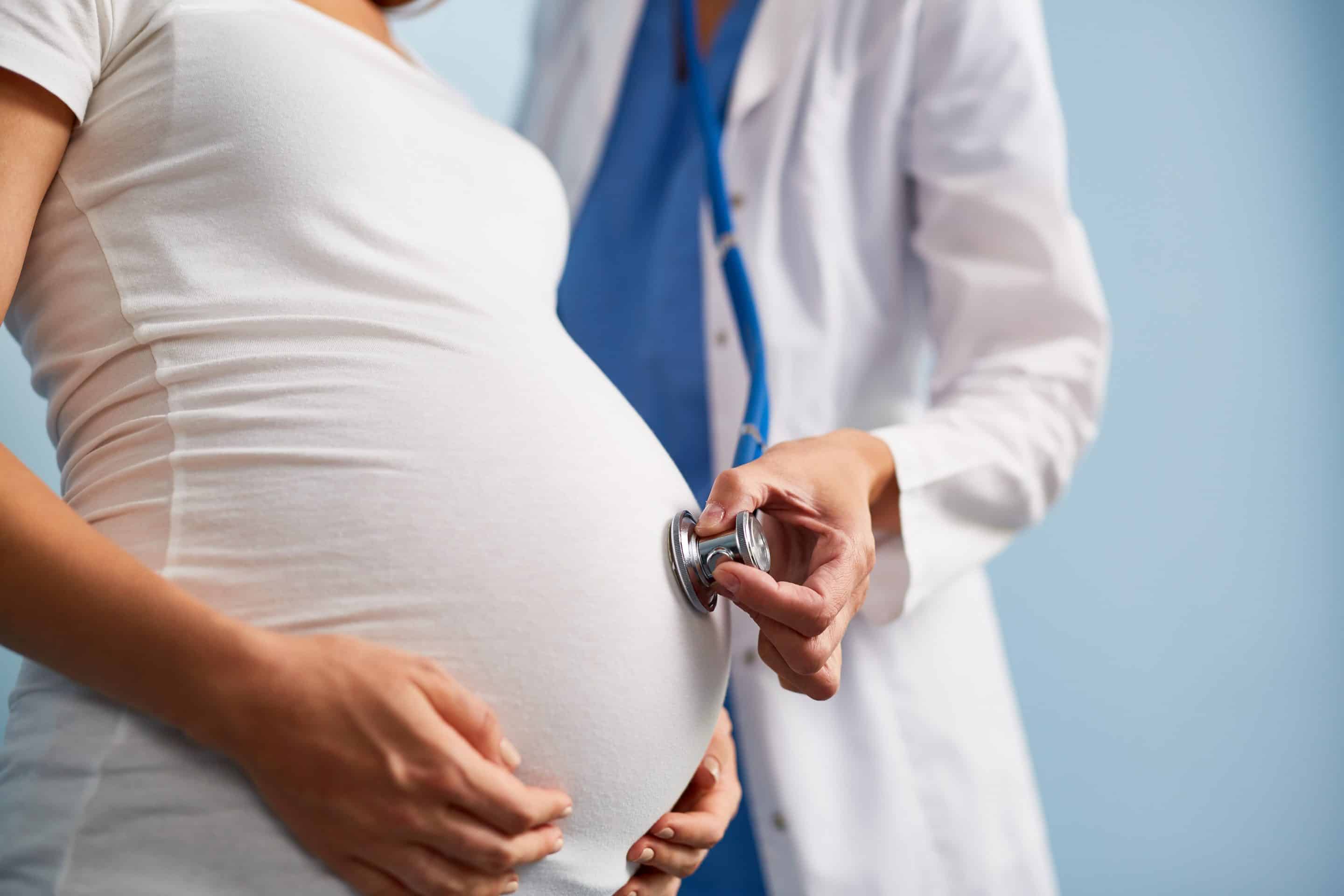Eating healthy, nutritious foods and following a balanced diet is important for everyone. However, during pregnancy, proper nutrition is even more important. The baby only receives the nutrients that the mother provides. Therefore, when a mother neglects to provide her baby with the vitamins and minerals it needs for proper development due to the lack of essential nutrients, he or she may be born with a lifelong disability.

Which Vitamins/Nutrients Are the Most Important to Ensure a Mother Has Proper Nutrition During Pregnancy?
All vitamins and nutrients are important, nonetheless, there are some that offer the mother and her baby more benefits than others.
The Importance of Folic Acid
During the first 28 days of pregnancy, if the mother neglects to provide the embryo with a sufficient amount of folic acid, the risk of a neural tube defect increases.
A neural tube defect involves the spinal cord and the brain. When a baby is born with a neural tube defect, he or she could suffer with incontinence (recognized at some point in the future); have an intellectual disability and experience varying degrees of paralysis.
Before pregnancy — Since folic acid is critical during the first 28 days of pregnancy, which is before most women even realize they are pregnant, the CDC recommends that women of childbearing age take 400 mcg (micrograms) of folic acid daily.
Throughout her pregnancy and while breastfeeding — the CDC’s folic acid recommendation stays the same even after becoming pregnant (i.e., 400 mcg a day). However, the mother’s OB/GYN may choose to increase her dose of folic acid. For example, if a mother takes certain medications (e.g., gabapentin or phenobarbital), her OB/GYN may recommend that she increase her daily dose of folic acid.
For the sake of her baby’s health, a mother always needs to follow the recommendations she receives from her Cambridge OB/GYN provider.
Besides taking a daily supplement, there are foods fortified with folic acid (e.g., enriched pasta, breakfast cereals and breads) that a mother can add to her diet to improve her nutrition during pregnancy.
What Are Good Sources of Folic Acid?
Folic acid itself is a fairly common nutrient that can be found in a large array of foods and other sources, such as:
- Certain vitamin supplements
- Certain leafy, green vegetables
- A wide selection of beans, nuts, citrus fruits, berries, and certain cereal products
Recommended Doses of Iron, Vitamin D, and Calcium During Pregnancy
Iron
Since the amount of blood in the body increases during pregnancy, a mother needs more iron for herself and her baby. The recommended amount of daily iron is 27 mg (milligrams). Iron can be found in garbanzo beans, kidney beans, spinach and raisins.
Calcium
Calcium is crucial during pregnancy because it can reduce the likelihood of the mother developing a serious pregnancy complication called preeclampsia. Calcium is present in milk products, yogurt, broccoli and almonds.
The recommended daily dose of calcium for a:
- Pregnant teenager, who is 14 to 18 years of age — 1,300 mg of calcium every day.
- Pregnant adult — needs 1,000 mg of calcium daily.
Vitamin D
Vitamin D works in conjunction with calcium to help the baby develop strong, healthy teeth and bones.
Every woman, despite her pregnancy status, should take 600 IU (international units) of vitamin D daily.
Vitamin D is found in fortified cereals, orange juice, almond milk, and fortified dairy products.
Foods to Eat During Pregnancy
When trying to figure out what types of food you should eat during pregnancy, there are a few main categories you should stick to. Here is a good list of foods to eat while pregnant, but keep in mind this list is not exhaustive.
Fruits
- Oranges
- Bananas
- Grapefruit
- Tomatoes
- Mangoes
- Apricots
Proteins
- Poultry
- Lamb/Pork
- Beans/Peas
- Nuts/Seeds
- Salmon
Dairy
- Fat-free yogurt
- Low-fat yogurt
- Soy milk
- Skim milk
- 1% milk
Grains
- Cereal
Vegetables
- Spinach
- Carrots
- Sweet potatoes
- Pumpkin
- Red Sweet Peppers
How Important is Hydration During Pregnancy?
As with normal, everyday life, drinking the proper amount of water is vastly important. You don’t necessarily have to go overboard, but drinking several glasses of water each day is a solid baseline.
Although it is common knowledge, it’s critical for you to remember, and for us to stress, that you should avoid all alcohol consumption during pregnancy.
Foods to Avoid When Pregnant
Just as there are recommended foods to eat during your pregnancy, there is also a list of foods you should avoid during this time. While this list is not exhaustive, you should avoid foods such as:
- Smoked, refrigerated seafood
- Raw, uncooked meat, eggs, and seafood
- Refrigerated meat spreads and pâté
- Unpasteurized milk and any foods that contain or are made with unpasteurized milk
- Hot dogs and other types of luncheon meats

Find an OBGYN Near Fort Wayne Today
The information provided here reflects a general overview of nutrition during pregnancy. Women should rely on the personalized information they receive from their OB/GYN.
If you are pregnant or planning on becoming pregnant, and you are interested in learning more about proper nutrition during pregnancy, make an appointment with one of the OB/GYN providers at Cameron Memorial Community Hospital.
©2024 Cameron Memorial Community Hospital
416 E. Maumee Street, Angola, IN 46703
